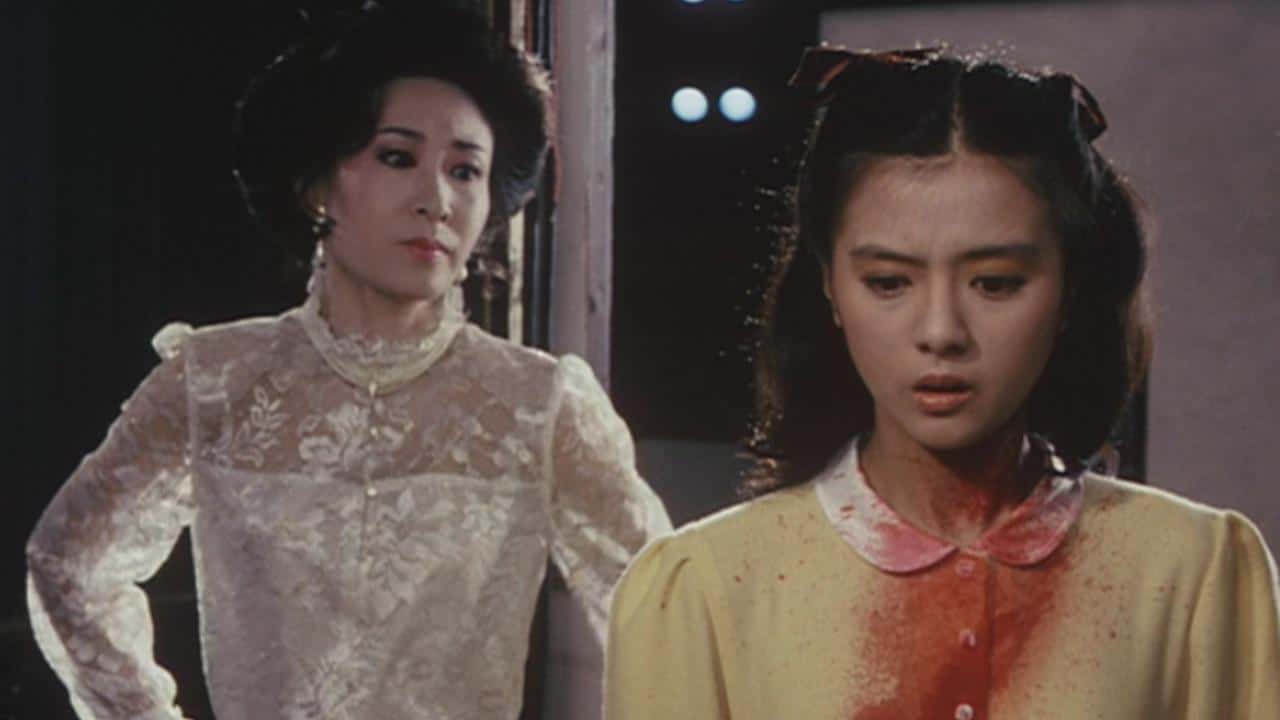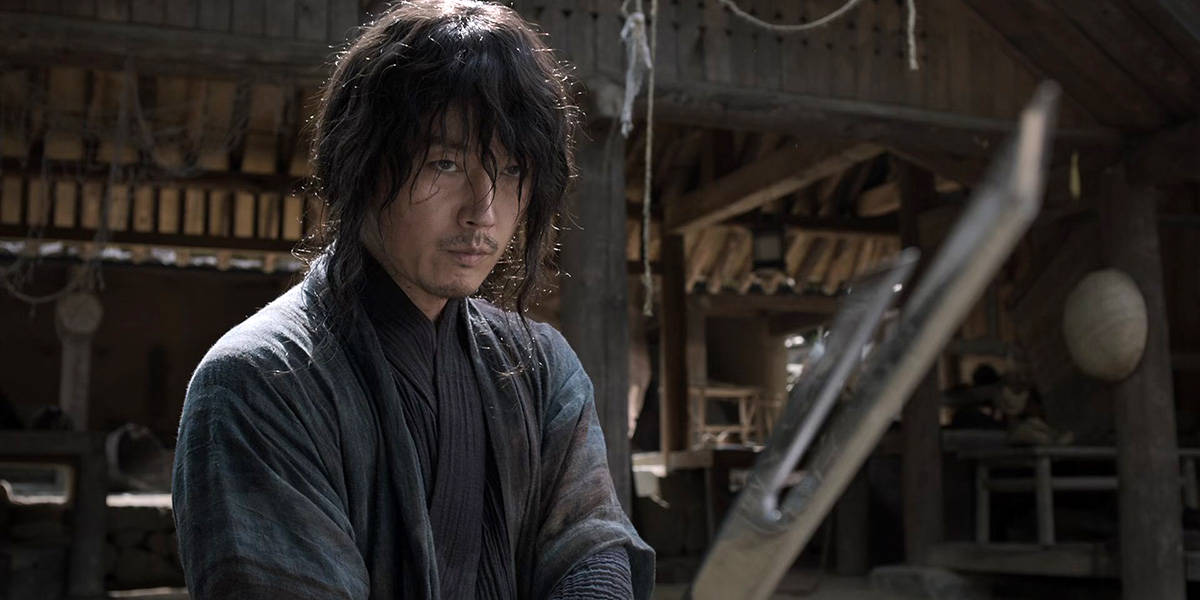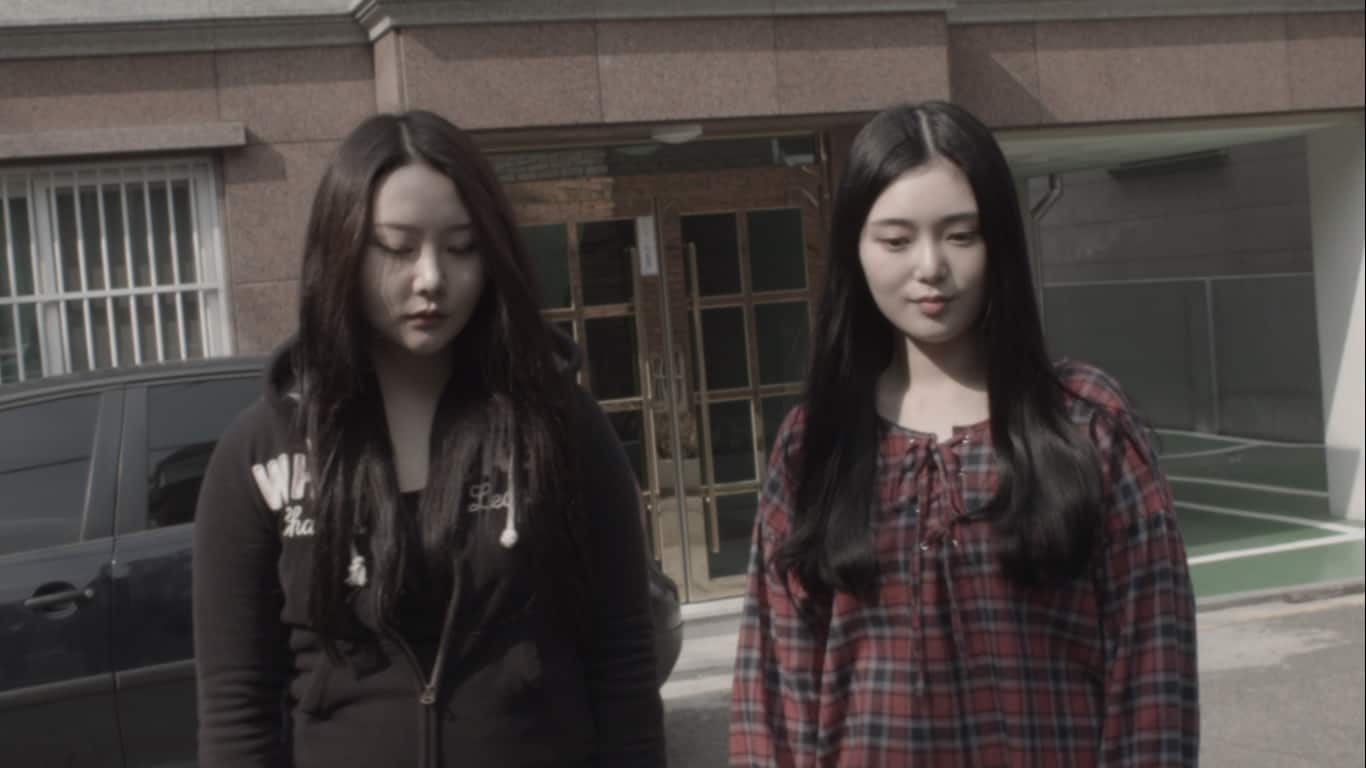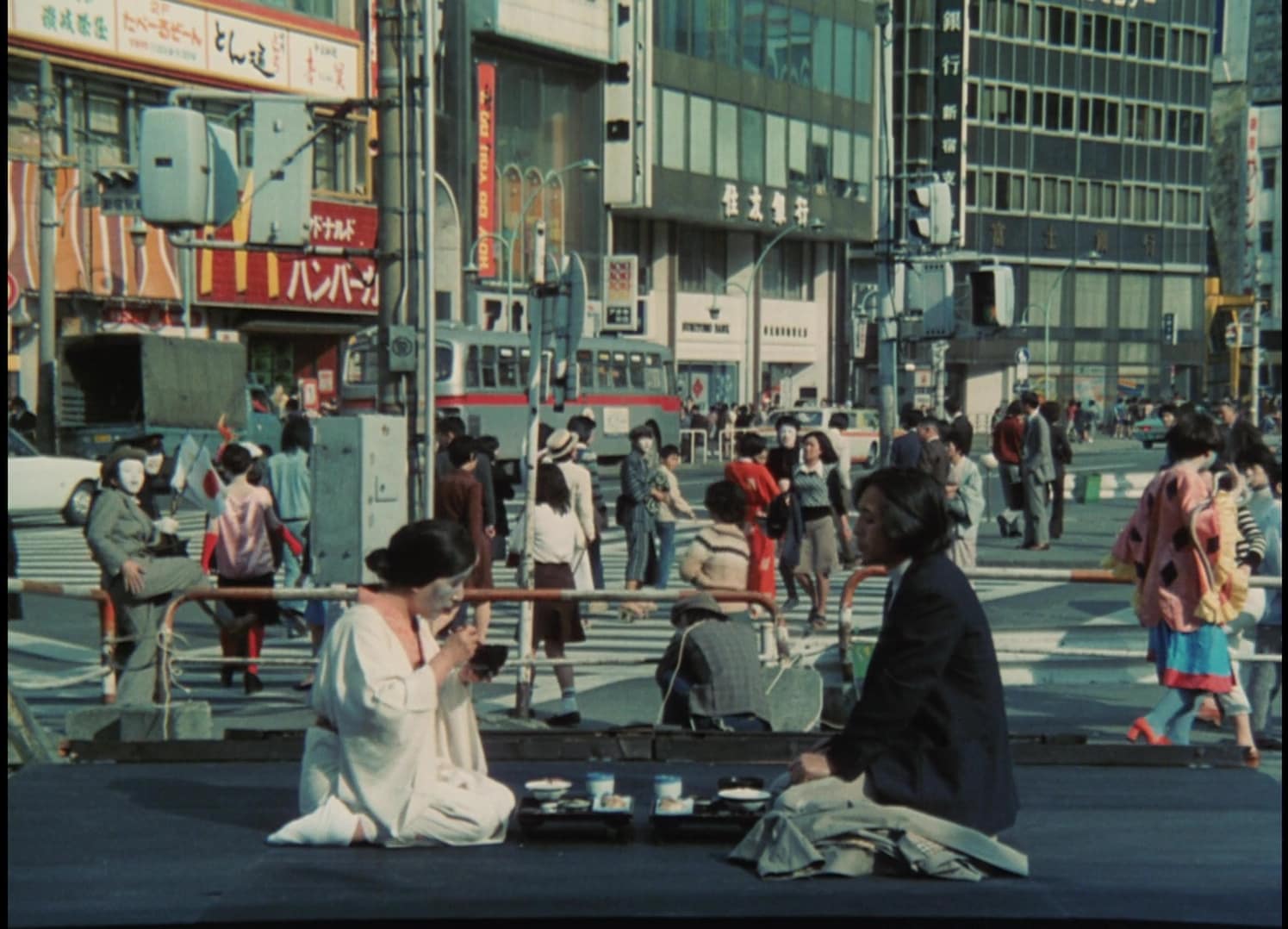Acclaimed actress Konkona Sen Sharma, daughter of Bengali filmmaker Aparna Sen and protagonist of films like “Omkara”, Page 3″ and “Lipstick under my Burkha”, directs this impressive film, which lingers between family drama and thriller.
“A Death in the Gunj” screened at the Indian Film Festival of Los Angeles
Based on a short story by Mukul Sharana, inspired by real events, the story is set in 1979, at the vacation house of a wealthy Anglo-Indian family in the town of McCluskiegunj. The members include the elders Anupama and Bakshi, the son Nandu, his wife Bonnie and their daughter Tani, and their timid cousin Shutu. Bonnie has brought along her friend, Mimi, and Nandu his friends, Vikram and Brian.
Everybody seems to have fun and enjoying each other's company. However, soon a number of issues arise. Vikram, despite being married, seems to have a thing for Mimi, and, as the feeling is mutual, they both immediately act upon it. The rest of the family and particularly Vikram and Nandu bully Shutu, who still mourns his father's death. He is also the one tasked with babysitting Tani, although she seems to be the one he gets along with the most. Furthermore, he seems to have a thing for Mimi, and a little later, it is revealed that despite the common knowledge, he has failed his last exams and is somewhat lost. A kind of a prank aimed at him by Vikram and Nandu seems to bring him near his edge, while the appearance of Vikram's wife gives an unexpected turn to the film.
Konkona Sen Sharma directs a film that starts as a family drama, but the sense that something bad is going to happen (which starts with the initial scene) is there and becomes more palpable as the story progresses. The “medium” of this transcendence of genres (from family drama to thriller) is Shutu, and particularly his relationship with the other members of the party. The women seem to enjoy his timid and gentle nature, but that does not apply to the men, with Nandu constantly exhibiting “tough love” towards him, and Vikram essentially never stopping bullying him. Sharma builds the tension through his character, initially through a number of scenes that present him in the brink of a nervous breakdown, to the truly shocking finale.
However, as almost all of the members of the party, excluding Anupama and maybe Bonnie, he does not earn much sympathy, as he seems to always lurk around in the shadows of the house, spying on others from the dark, not to mention the fact that he has been lying to everybody. In the same fashion, Vikram is the archetype of the self-centered alpha male, who has no regards for others, Nandu is a bit too strict to every member of the family, Mimi seems to have only one thing in her mind, and Bakshi seems to be a bit too proud for his guns. However, the fact that the film's characters are not particularly likeable does not work against it, since the chemistry among the actors is impressive.
This trait results from the ensemble cast, all of which give impressive performances. Gulshan Devaiah is great as Nandu, a man trying to balance his predilection to have fun with his role as the new head of the family. Ranvir Shorey as Vikram is the archetype of the alpha male, and Kalki Koechlin plays the role of the femme fatale to perfection, particularly in her interactions with Shutu. However, the greatest performance comes from Vikrant Massey, who gives a perfectly measured performance as Shutu, a timid and sensitive man trying to find his place in a world dominated by alpha males. Although he does not speak much, he manages to portray his character's emotions and psychological status with elaborateness, through his eyes and body stance. The scenes when he loses it and the one where his lust for Mimi becomes apparent are the highlights of a great performance.

The depiction of the era is another of the highlights of the film, with the work done in both the set design and the costumes being highly realistic, while exemplifying the attention given to detail, from Nandu's huge glasses, to the car and the motorcycle, to the lack of TV and the presence of the radio. In that fashion, Sirsha Ray's cinematography is a thing of beauty, as, apart from the depiction of the era, it also succeeds in highlighting the protagonists' characters. The shots where Shutu is hidden watching the others truly make the audience feel as if they were there, looking through his eyes, while the sex scene is probably one of the most impressive and symbolic in the whole film. Furthermore, the few scenes outside the house are quite beautiful, particularly the ones in the woods. Aarif Sheikh and Manas Mital's editing retains the relatively fast pace of the film and through the fast changing of perspectives, according to which character the focus is on, manage to present what each character is thinking in each scene. This trait finds its apogee in the “spirit calling” scene and the ones where everybody spend time together in the house.
The final sequence is outstanding in the shock it produces, but I felt that the repercussions of the event could be examined, since the script does not deal with this at all. This, however, does not detract much from the quality of the movie, as “A Death in the Gunj” is both very entertaining and elaborately shot.















